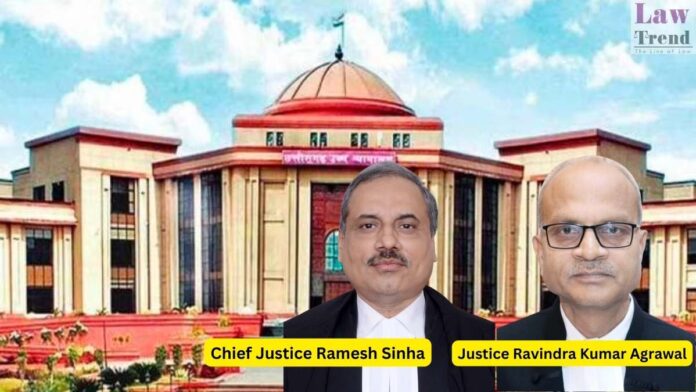In a scathing critique, the Chhattisgarh High Court lambasted the state government and its agencies for their failure to manage industrial waste effectively in Bilaspur’s Tifra and Sirgitti industrial areas. Acting on a suo motu public interest litigation (PIL), WPPIL No. 108 of 2024, the court highlighted how negligence had led to significant environmental and
To Read More Please Subscribe to VIP Membership for Unlimited Access to All the Articles, Download Available Copies of Judgments/Order, Acess to Central/State Bare Acts, Advertisement Free Content, Access to More than 4000 Legal Drafts( Readymade Editable Formats of Suits, Petitions, Writs, Legal Notices, Divorce Petitions, 138 Notices, Bail Applications etc.) in Hindi and English.




